Women Who Proved They Can Do Anything by Winning Nobel Prizes
For years, women have achieved remarkable success in various fields, from science to literature and peace, earning the prestigious Nobel Prize for their accomplishments. In this article, we celebrate the women who have been awarded Nobel Prizes, thanking them for their contributions and walking the path they have illuminated. Here are the women who have made history 👇
10. Emily Greene Balch - 1946 Nobel Peace Prize
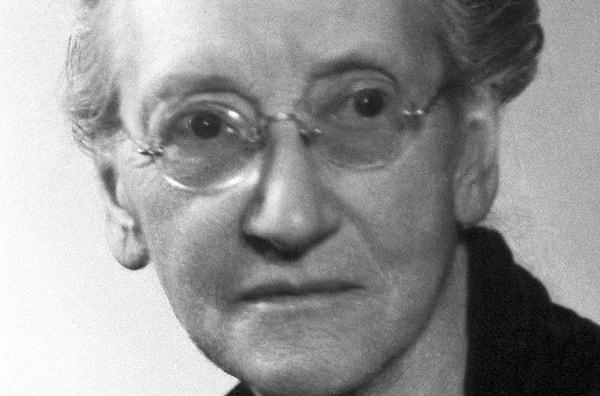
Emily Greene Balch was an American economist, sociologist, and pacifist. She was awarded the Nobel Peace Prize in 1946 for her lifelong work for disarmament and peace. As a leader of the Women's International League for Peace and Freedom, Balch made significant contributions to the peace movement, advocating for social justice and economic equality.
9. Gabriela Mistral - 1945 Nobel Prize in Literature
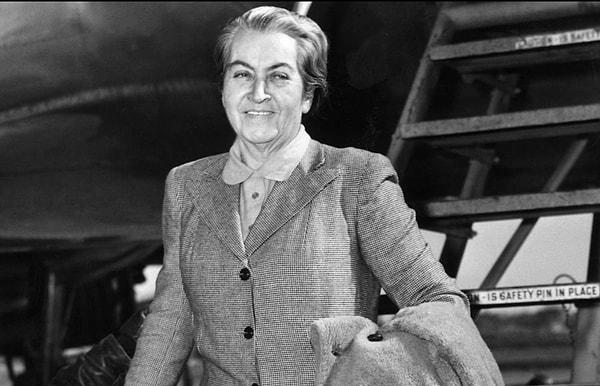
Gabriela Mistral, the pen name of Lucila Godoy Alcayaga, was a Chilean poet, educator, diplomat, and feminist. She was the first Latin American woman to receive the Nobel Prize in Literature, awarded in 1945. Mistral's poetry, often centered on themes of love, sorrow, and nature, earned her international acclaim and recognition for her lyrical and powerful writing.
8. Pearl S. Buck - 1938 Nobel Prize in Literature
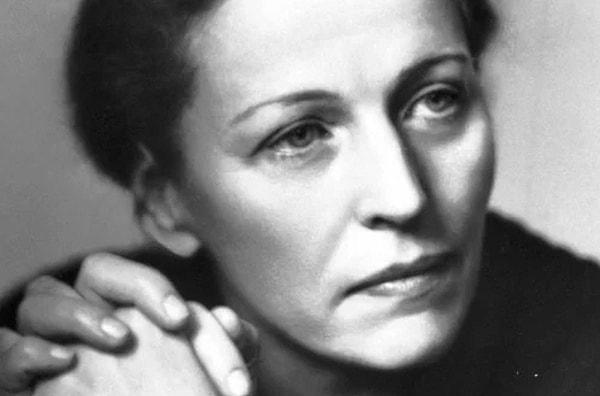
Pearl S. Buck was an American writer and novelist, best known for her novel 'The Good Earth,' which won the Pulitzer Prize. In 1938, she was awarded the Nobel Prize in Literature for her rich and epic descriptions of peasant life in China and her biographical masterpieces. Buck's work provided Western readers with a deep understanding of Chinese culture and society.
7. Irène Joliot-Curie - 1935 Nobel Prize in Chemistry
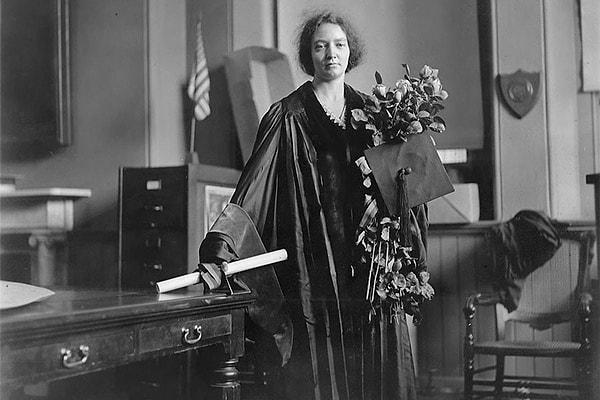
Irène Joliot-Curie, the daughter of Marie Curie, was a French scientist who, along with her husband Frédéric Joliot-Curie, won the Nobel Prize in Chemistry in 1935. Their discovery of artificial radioactivity marked a significant advancement in nuclear science and paved the way for future research in the field. Irène continued her parents' legacy of scientific excellence and innovation.
6. Jane Addams - 1931 Nobel Peace Prize

Jane Addams was an American social worker, sociologist, and pioneer in the field of social reform. She co-founded the Hull House in Chicago, one of the first settlement houses in the United States, and was a leader in the women's suffrage and pacifist movements. In 1931, Addams became the first American woman to receive the Nobel Peace Prize for her efforts in promoting peace and social justice.
5. Sigrid Undset - 1928 Nobel Prize in Literature
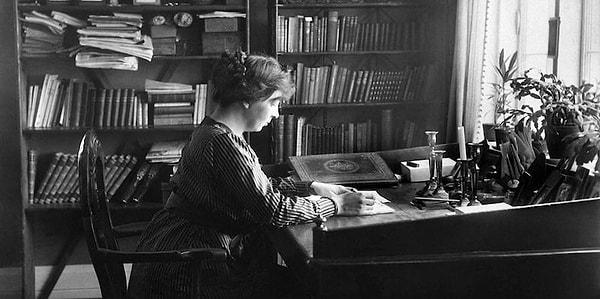
Sigrid Undset was a Norwegian novelist who received the Nobel Prize in Literature in 1928. Her most famous work, the historical trilogy 'Kristin Lavransdatter,' set in medieval Norway, is celebrated for its rich detail and profound exploration of human nature and faith. Undset's literary contributions remain significant in Norwegian literature and beyond.
4. Grazia Deledda - 1926 Nobel Prize in Literature
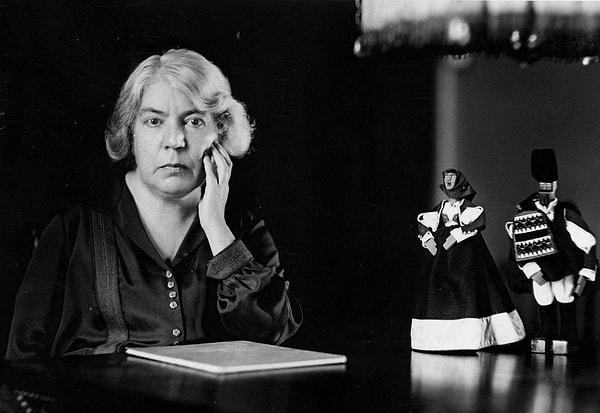
Grazia Deledda was an Italian writer who won the Nobel Prize in Literature in 1926. Her novels, deeply rooted in the traditions and life of Sardinia, her native island, reflect the struggles and emotions of ordinary people. Deledda's evocative storytelling and ability to capture the essence of Sardinian culture earned her this prestigious recognition.
3. Marie Curie - 1903 Nobel Prize in Physics, 1911 Nobel Prize in Chemistry

Marie Curie was a pioneering scientist whose groundbreaking research on radioactivity earned her two Nobel Prizes. In 1903, she received the Nobel Prize in Physics, shared with her husband Pierre Curie and Henri Becquerel. In 1911, she was awarded the Nobel Prize in Chemistry for her discovery of the elements radium and polonium. Curie's work revolutionized the fields of physics and chemistry, making her one of the most influential scientists in history.
2. Selma Lagerlöf - 1909 Nobel Prize in Literature
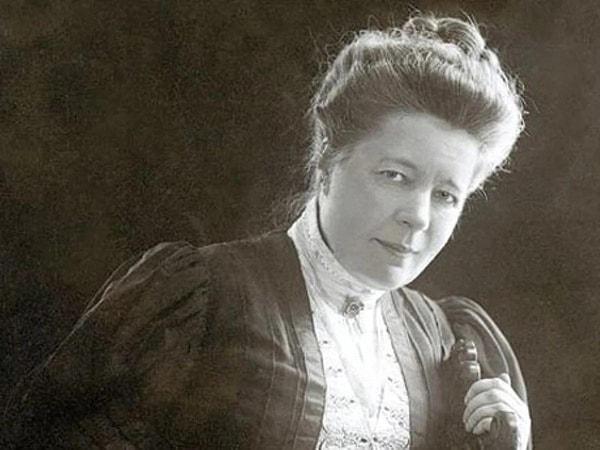
Selma Lagerlöf was a Swedish author and the first woman to win the Nobel Prize in Literature in 1909. Her novel 'Gösta Berling's Saga' and the children's book 'The Wonderful Adventures of Nils' are among her most beloved works. Lagerlöf's storytelling, characterized by its imaginative and folkloric elements, has left a lasting impact on Swedish literature and culture.
1. Bertha von Suttner - 1905 Nobel Peace Prize
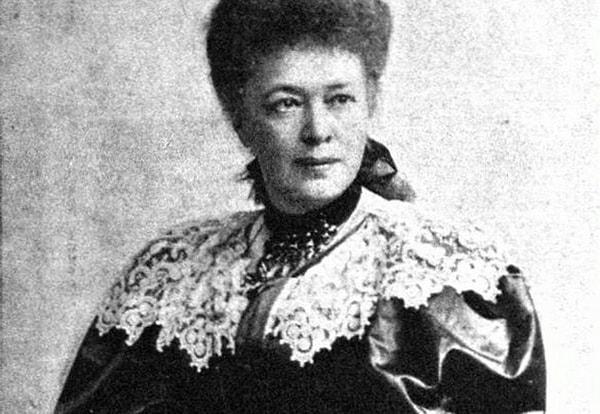
Bertha von Suttner was an Austrian pacifist and author who received the Nobel Peace Prize in 1905, making her the first woman to be awarded this honor. Her influential book 'Lay Down Your Arms' became a seminal work in the peace movement. Von Suttner's tireless advocacy for disarmament and her efforts to promote peace and understanding among nations were instrumental in the early development of the Nobel Peace Prize.
Keşfet ile ziyaret ettiğin tüm kategorileri tek akışta gör!


Send Comment